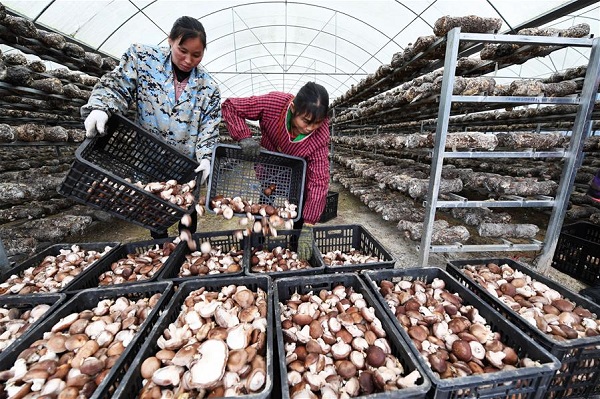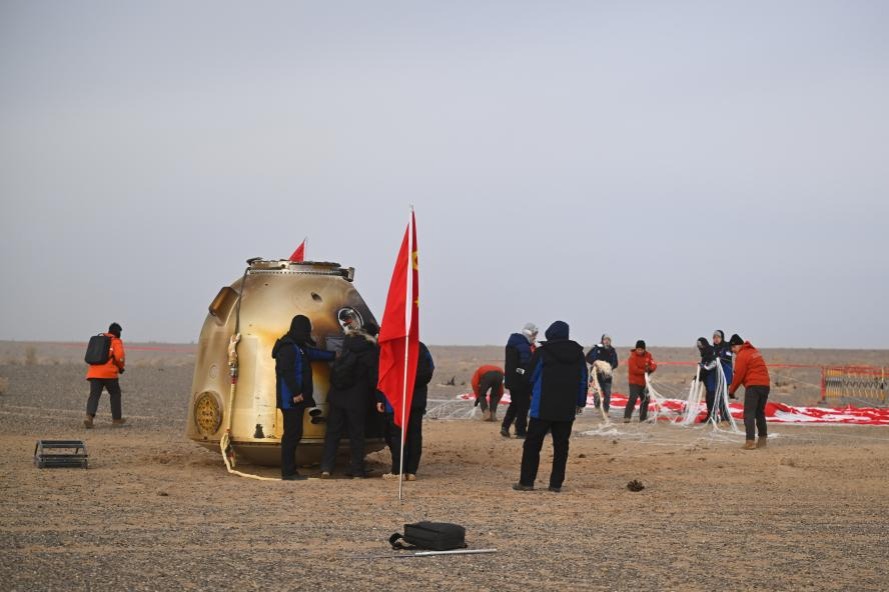The rural road out of crushing poverty


Continuing support
On Feb 25, President Xi Jinping declared a "complete victory" in the nation's fight against poverty through joint efforts. He hailed the achievement of eradicating extreme poverty as a miracle that will "go down in history".
The achievement forms a crucial part of the Communist Party of China's pledge to build the nation into a "moderately prosperous society in all respects" this year, the centenary of the founding of the CPC.
The poverty fight-which has lifted more than 700 million Chinese out of poverty over the past four decades-aims to bolster rural incomes, as well as infrastructure and the provision of public services in remote and isolated regions.
The end of the poverty relief campaign marks a major shift in China's rural policies from poverty alleviation to stimulating economies in the countryside.
The National Administration for Rural Vitalization was created last month to facilitate the shift, replacing the State Council Leading Group Office of Poverty Alleviation and Development, the former top antipoverty body.
The 9.6 million people resettled across the nation are the most at risk of sliding back into poverty without ongoing support, according to officials.
Hong Tianyun, deputy head of the new administration and a former poverty relief official, said ensuring a smooth transition from poverty alleviation to rural vitalization is the agency's priority.
"Much work remains to be done to help settlers truly settle down," he told a news conference in Beijing on Tuesday. "That includes tasks to develop local industry, employment, public services, social governance and social integration."
Zhang Xiaohong, vice-minister of housing, said his office will step up surveillance at resettlement communities to ensure home safety.
He also promised that the ministry will monitor low-income families to determine whether they need assistance with home repairs or even relocation. "No gaps in our work, no gaps in our policies," he said at the event.
Ou Yunhua, a settler at the Wanba resettlement site in Tongren, now works as a caregiver at a nursing home. Her husband Zhang Taiyou does casual jobs in the neighborhood. "The Party's policy is good," said 51-year-old Ou. "The Party has not only offered us shelter but also given us jobs. Though we do not earn much, it's already a dream life for us."
Zhao Yandi contributed to this story.























